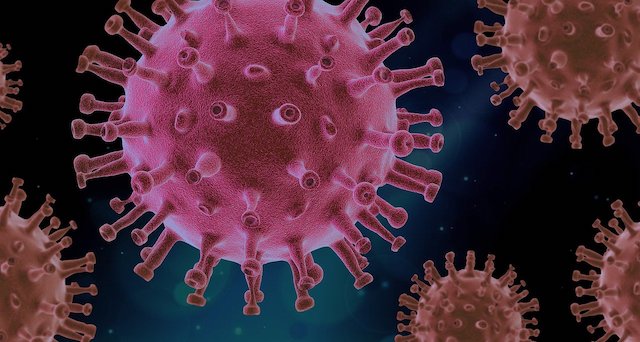A French hospital has discovered that it treated a man who had Covid-19 as early as 27th December, nearly a month before the French government confirmed its first cases.
Yves Cohen, head of resuscitation at the Avicenne and Jean Verdier hospitals in the northern suburbs of Paris, told French media that scientists had retested samples from 24 patients treated in December and January who tested negative for the flu.
“Of the 24, we had one who was positive for Covid-19 on 27th December,” he revealed.
The samples had all initially been collected to detect flu using PCR tests, the same genetic screening process that can also be used to detect the presence of the novel coronavirus in patients infected at the time the sample is collected.
Each sample was retested several times to ensure there were no errors, he added.
France, which has seen almost 25,000 people die from the virus since 1st March, confirmed its first three Covid-19 cases on 24th January, including two patients in Paris and another in the southwestern city of Bordeaux.
Cohen said it was too early to know if the patient whose December test was Covid-19 positive is France’s “patient zero”. Knowing who was the first is critical to understanding how the virus spread.
Cohen said the patient had survived and that a first investigation to trace the first contamination has been carried out.
“He was sick for 15 days and infected his two children, but not his wife, who works in a supermarket. He was amazed, he didn’t understand how he had been infected. We put the puzzle together and he had not made any trips. The only contact that he had was with his wife.”
The man’s wife worked alongside a Sushi stand, close to colleagues of Chinese origin, Cohen said. It was not clear whether those colleagues had travelled to China, and the local health authority should investigate, he said.
“We’re wondering whether she was asymptomatic,” he said.
“He may be the ‘patient zero’, but perhaps there are others in other regions. All the negative PCRs for pneumonia must be tested again. The virus was probably circulating (then),” he said.
(Reuters)
France discovers 1st Covid case from December
